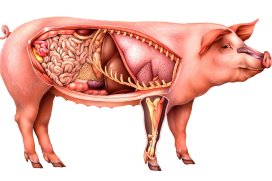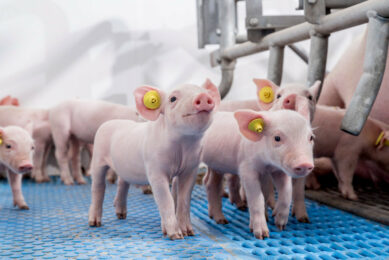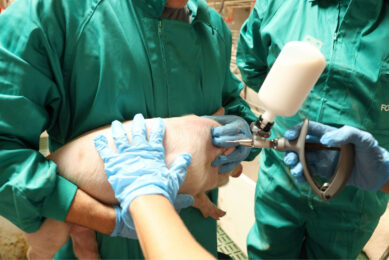EFSA points to raw pork causing hepatitis E

Consumption of raw or undercooked pork meat and liver is the most common cause of hepatitis E infections in the EU, the European Food Safety Authority (EFSA) has revealed in a newly published research.
The European Food Safety Authority (EFSA)’s panel on biological hazards (Biohaz) published their scientific opinion in the EFSA Journal in June 2017. The panel’s key message: More than 21,000 cases of hepatitis E infections have been reported in humans over the last 10 years, with an overall 10-fold increase in this period.

Find out all there is to know about pig health using Pig Progress’ unique Pig Health Tool
Hepatitis E can lead to liver failure
Hepatitis E is a liver disease caused by the hepatitis E virus (HEv). Most humans contracting hepatitis E display no or mild symptoms. However, in some cases especially for those with liver damage or patients with a weak immune system, it can lead to liver failure – which can be fatal.
In an EFSA press release, Rosina Girones, chair of EFSA’s working group on hepatitis E, was quoted to say: “Even if it is not as widespread as other foodborne diseases, hepatitis E is a growing concern in the EU. In the past, people thought the main source of infection was drinking contaminated water while travelling outside the EU. But now we know the main source of transmission of the disease in Europe is food.”
Domestic pigs are main carriers
The press release stated that ‘domestic pigs are the main carriers of hepatitis E in the EU’. As meat from wild boars is not as widely consumed as meat from domestic pigs, they form less of a factor in this issue, according to EFSA.
Experts from Biohaz recommended that member states increase awareness of public health risks associated with raw and undercooked pork meat and advise consumers to cook pork meat thoroughly. They also recommended the development of suitable methods for detecting hepatitis E in food.
This scientific advice builds on a previous scientific opinion on the occurrence and control of foodborne viruses published in 2011. The European Centre for Disease Prevention and Control (ECDC) also published a report on hepatitis E in humans, which assesses testing, diagnosis and monitoring methods and reviews available epidemiological data.
Pork, hepatitis E and the UK
Earlier this year, also UK health specialists have pointed to pork being a source of hepatitis E.











